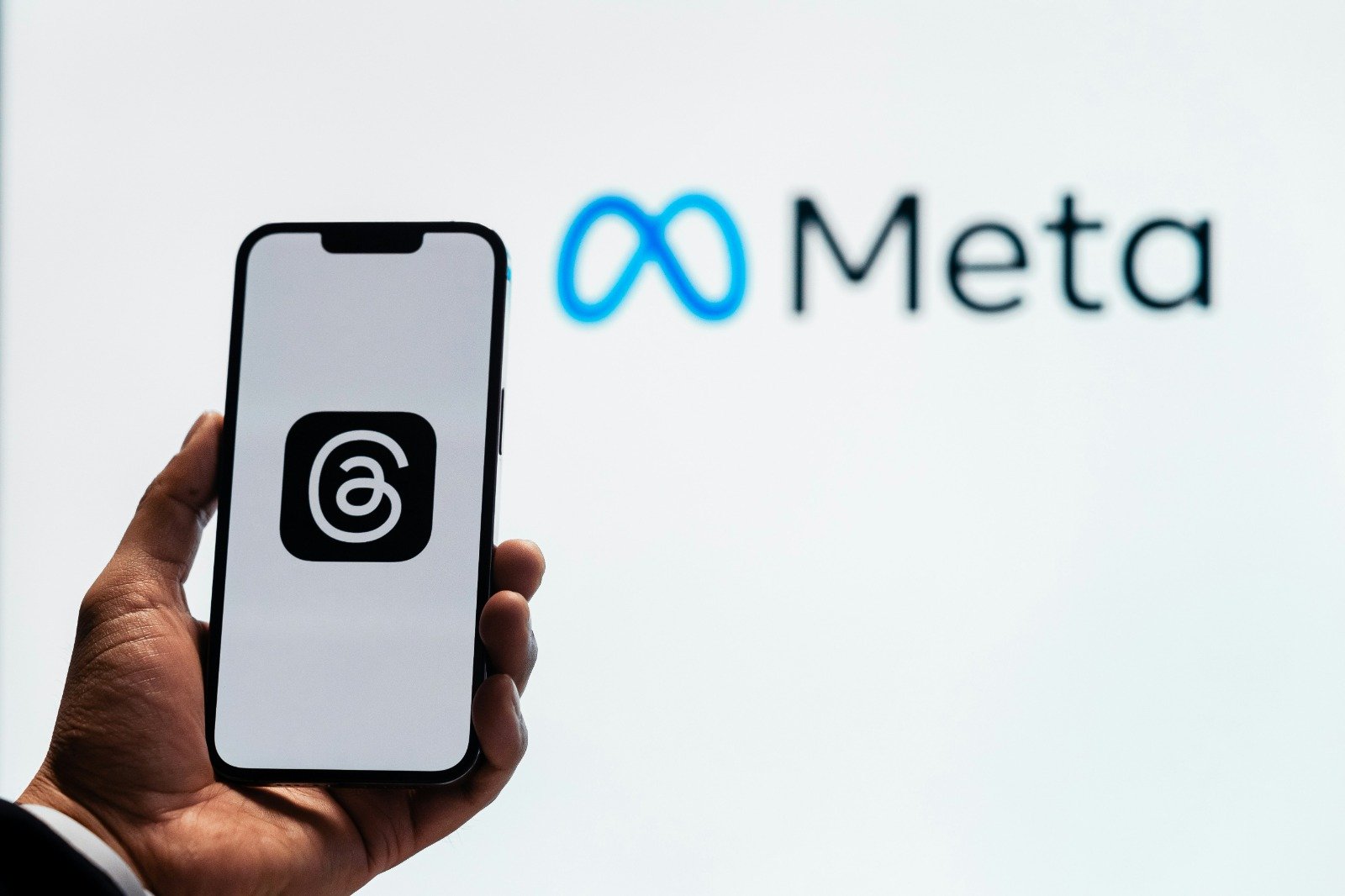The Launch of Meta's AI Training: A Balanced Look
Meta, the parent company of Facebook, Instagram, and WhatsApp, recently announced its ambitious plan to launch AI training initiatives aimed at enhancing its suite of products and services. This move has sparked considerable discussion within the tech community and beyond. Let’s explore both the advantages and disadvantages of this new venture.
Source: Julio Lopez
The Pros of Meta's AI Training:
Enhanced User Experience
AI training can significantly improve user interaction across Meta’s platforms. By utilizing advanced algorithms, the company can personalize content, enhance recommendation systems, and streamline user experiences, making social media more engaging and relevant.Innovation in Content Creation
AI tools can assist creators in generating content more efficiently. From automated editing tools to content suggestions, Meta’s AI training can empower users, particularly those who may not have extensive technical skills, to produce high-quality content.Improved Moderation and Safety
With AI’s ability to process large volumes of data, Meta can better tackle issues like misinformation, hate speech, and harmful content. AI training can lead to more effective moderation tools, ensuring safer online environments for users.Business Opportunities
As AI technology matures, new business models and opportunities will emerge. Companies can leverage Meta’s AI capabilities for targeted advertising, market research, and customer engagement strategies, driving revenue for both Meta and its partners.Advancements in AI Research
Meta’s commitment to AI training contributes to broader advancements in the field. By investing in AI research, Meta can drive innovation that benefits not only its products but also the wider tech landscape.
The Cons of Meta's AI Training:
Privacy Concerns
One of the most significant drawbacks is the potential impact on user privacy. With AI systems relying heavily on data, there’s a risk of misuse or mishandling of personal information. Users may feel uneasy knowing that their data is being used to train AI models.Job Displacement
As AI becomes more integrated into Meta’s operations, there’s a concern about job loss. Roles that involve repetitive tasks may become obsolete, raising questions about the future of work in the tech industry.Bias and Fairness Issues
AI systems can perpetuate existing biases present in training data. If Meta’s AI models are not carefully developed and monitored, they may inadvertently reinforce stereotypes or discrimination, leading to negative consequences for users.Over-Reliance on Technology
As AI tools become more prevalent, there’s a risk that users and businesses may rely too heavily on technology for decision-making. This dependence could stifle creativity and critical thinking, as people may lean on AI recommendations rather than their own judgment.Public Perception and Trust
Given Meta’s history with privacy issues and misinformation, the launch of AI training may face skepticism from the public. Building trust in AI systems will be essential for Meta to gain user acceptance and engagement.
Conclusion
Meta’s launch of AI training holds great promise for enhancing user experiences and driving innovation. However, it also raises important questions about privacy, job displacement, and ethical considerations. As the tech landscape evolves, it will be crucial for Meta to navigate these challenges thoughtfully to ensure that its AI initiatives benefit both users and society at large. Balancing innovation with responsibility will be key to fostering a positive future for AI in social media.
What are your thoughts on this development? Are you excited about the possibilities, or do you have concerns?

